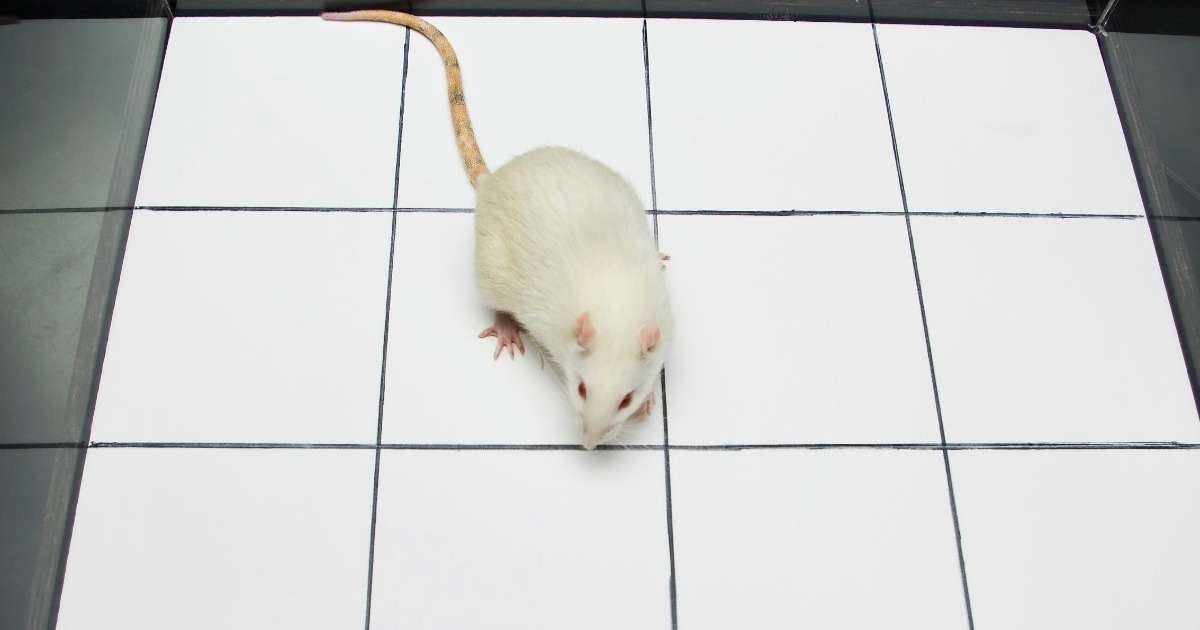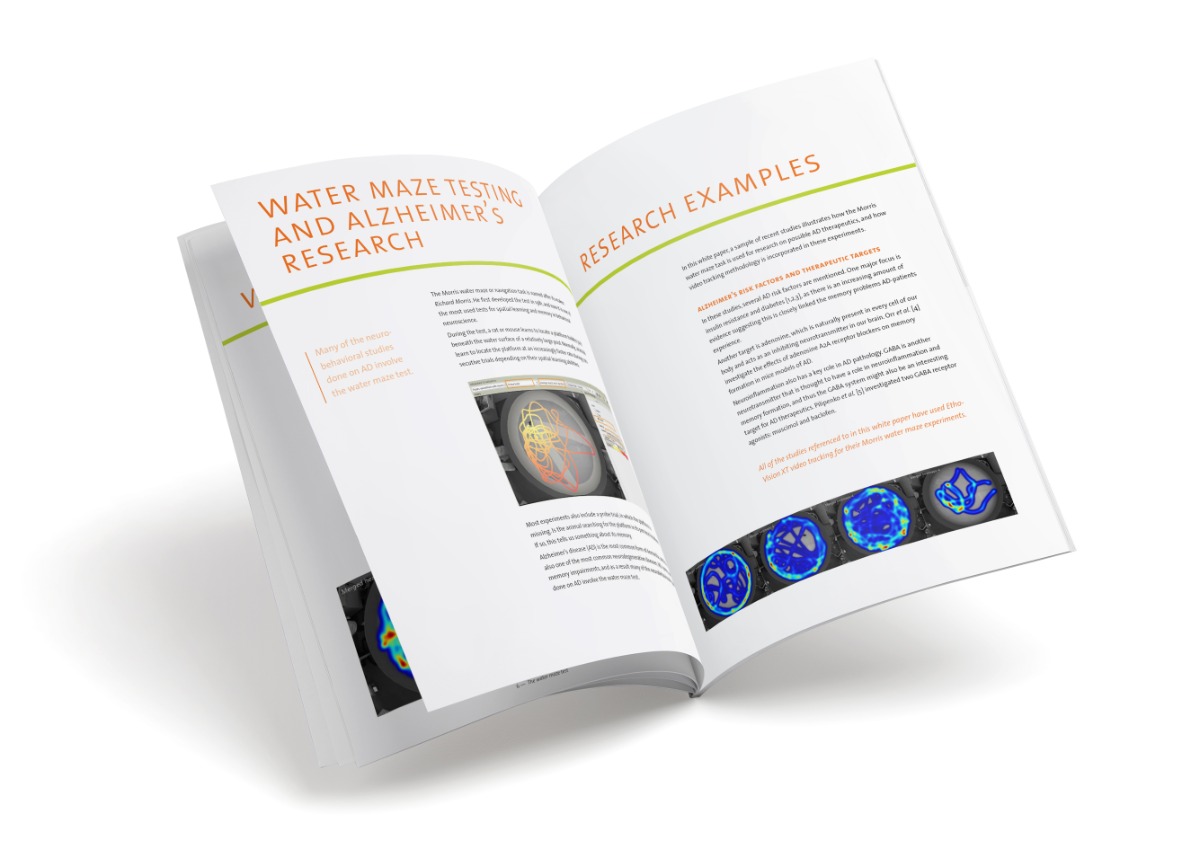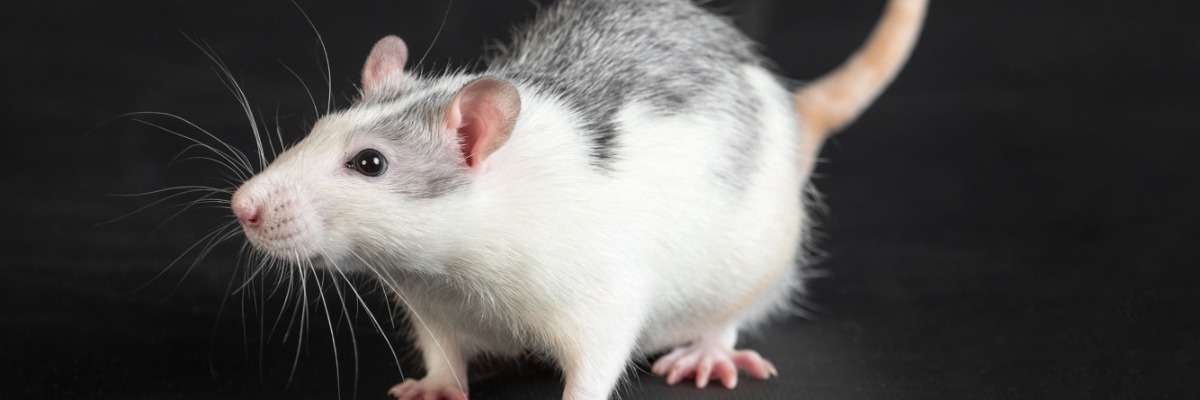
How sleep heals the brain
We sleep a large portion of our lives. We need to, we know this, and science proves it. Sleep helps us to process what we have learned, to let our nervous system function properly, and to concentrate during the day. We have all been there: a bit of stress or anxiety for a big day coming up leads to not sleeping well, and we suffer the consequences. Loss of concentration, maybe a bit cranky… my mother always told me sleep makes everything better. And now researchers have proven that it can heal the brain. The question is, how?
How sleep heals the brain
Traumatic brain injury
Researchers led by Daniela Noain and Christian R. Baumann from the University of Zurich (Switzerland) investigated the effect of sleep on traumatic brain injury (TBI) in rats. TBI is a major cause of disability and even death worldwide. As you can imagine, injury to the head has primary damaging effects, but secondary effects can also cause major complications in the months or even years after the occurrence. One of these secondary effects is that a build-up of waste products in the brain can cause cell damage, which in turn can result in memory deficits. In research, this type of cell damage is referred to as diffuse axonal injury, or DAI. This is where sleep seems to help, by limiting the secondary damage.
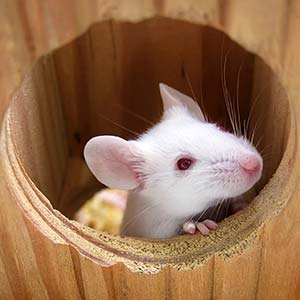
TBI and sleep
So how can sleep influence the occurrence or the amount of DAI and memory impairment after trauma? To investigate this, researchers first had to find a suitable model. While there are a number of TBI models (in rats and mice), they are generally not suitable to measure sleep-wake patterns (such as REM or slow wave sleep). These measurements require EEG measurements, and most existing TBI models do not allow for the implantation of intracranial devices to measure EEG before the induced injury.
New TBI rat
So a new closed skull TBI rat model was developed (reported by Fabian Büchele and Marta M. Morawska, et al., in Journal of Neurotrauma in November 2015). This model resembles human TBI at histological and behavioral levels: evidence was found for DAI and memory impairments, as assessed by the novel object recognition test, both similar to clinical data.
Sleep modulation and TBI symptoms
This new TBI model was then used to investigate the effects of sleep modulation on axonal damage and memory. This research was published last month in The Journal of Neuroscience. Both TBI rats and sham treated rats received sleep induction (pharmacologically induced), sleep restriction (gentle handling), or no sleep treatment, and again memory and brain cell damage were measured.
Daniela Noain explains: ”We aimed at two different ways of inducing deep sleep, one non-physiological by means of pharmacology, the other physiological by means of sleep rebound after sleep deprivation. The objective was to prove that the common factor between sleep induction and sleep restriction, i.e. the increase in sleep depth, was the key player in the process observed.”
Enhancement of slow wave sleep
To be honest, I was expecting some beneficial effect from the induced sleep when I was reading up on this research, with what my mother used to say to me when I was young still resounding in the back of my head. But remarkably, both induction and restriction of sleep had a beneficial effect on the memory of the TBI rats. How is this possible? Well, as Daniela Noain explained, it indeed has to do with deep sleep. The deeper the slow-wave sleep, the more clearance of waste products in the brain. Less waste products means less DAI, and consequently, cognitive impairment was prevented.
Deep sleep rebound
The depth of sleep was measured by deducting the ‘delta power’ (reflecting the high amplitude, low-frequency oscillatory activity) from the EEG readings. Inducing sleep, this research shows, also increases the depth of sleep during the slow-wave (non-REM) sleep. The sleep-deprived animals showed another phenomenon: strong deep sleep rebound after sleep deprivation, which is also seen in humans and confirmed in other rat studies.
Deep sleep heals the brain
This research teaches us that an increase in sleep depth can prevent brain damage and subsequent memory problems after head injury. I can see this opening up opportunities for sleep modulation as a therapeutic option, and I am excited to see where the CRPP Sleep and Health from the University of Zurich is taking this research in the future.
References
- Büchele, F.; Morawska, M.M.; Schreglmann, S.R.; Penner, M.; Muser, M.; Baumann, C.R. (2016) Novel rat model of weight drop-induced closed diffuse traumatic brain injury compatible with electrophysiological recordings of vigilance states.Journal of Neurotrauma, 32, 1-10.
- Morawska, M.M.; Büchele, F.; Goncalves Moreira, C.; Imbach, L.L.; Noain, D.; Baumann, C.R. (2016) Sleep modulation alleviates axonal damage and cognitive decline after rodent traumatic brain injury.The Journal of Neuroscience, 36(12), 3422-3429.
Interesting links
- Sleep and health research at the University of Zurich: http://www.sleep.uzh.ch/en.html
- Report on this research on EurekAlert: http://www.eurekalert.org/pub_releases/2016-03/sfn-esa031816.php
- EthoVision XT video tracking technology for open field and novel object recognition (memory) testing in rodent: www.noldus.com/ethovision
Get the latest blog posts delivered to your inbox - every 15th of the month
more
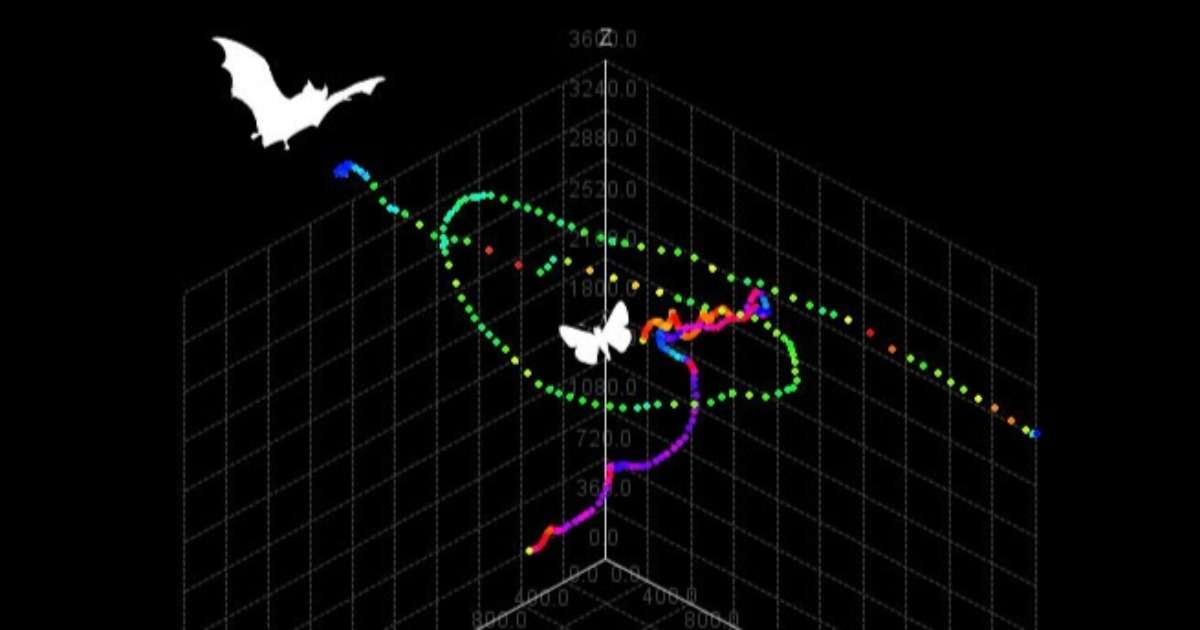
The bat - moth aerial battle in 3D
Moths arrived first on the evolutionary stage; when much later on bats appeared with their sophisticated apparatus for echolocating prey, moths were forced to change or die.
Horse training methods: The importance of behavioral analysis
In equitation sciences, there are at least two training strategies: the ‘natural’ way of horsemanship that allows the horse to evaluate action and reaction and horsemanship that is based on ‘overruling’ of the animal.